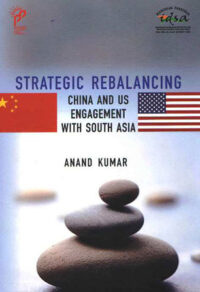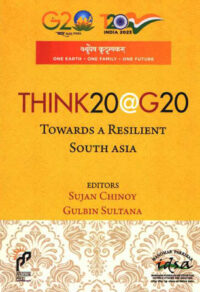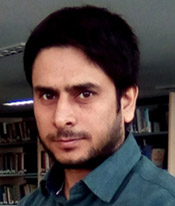Political Turbulence in Bangladesh Fails to Dampen the Indian President’s Visit
Pranab Mukherjee’s visit to Bangladesh has made clear that the security situation in that country is under control and it is the BNP that has to overcome its mental block to make a new beginning.
- Anand Kumar
- March 08, 2013

















